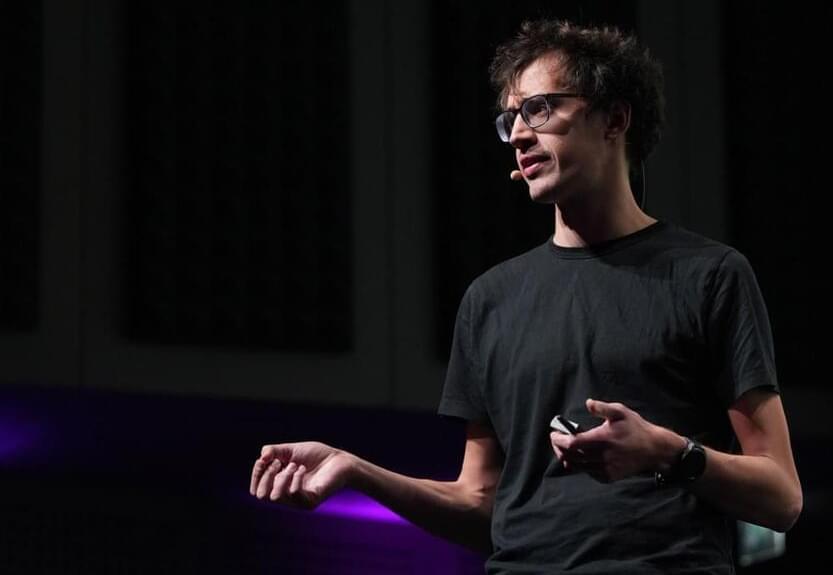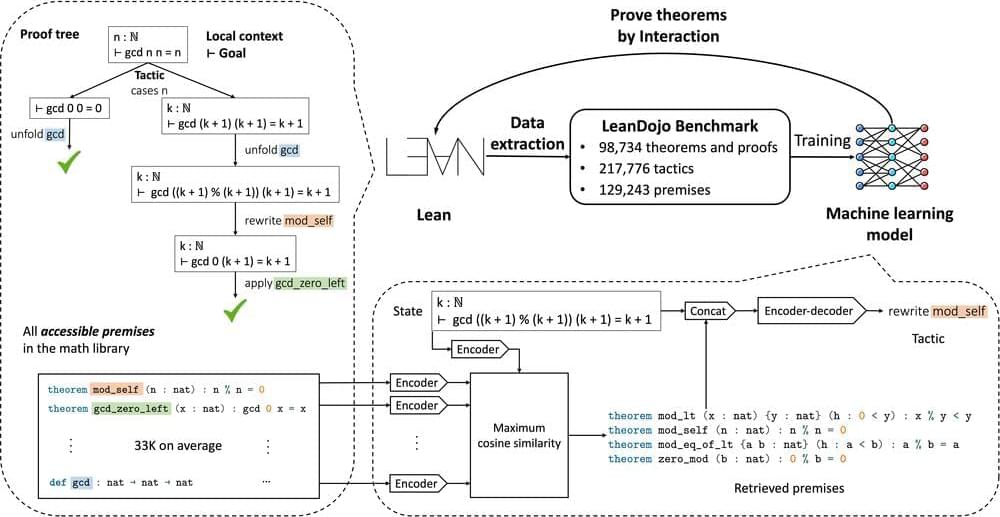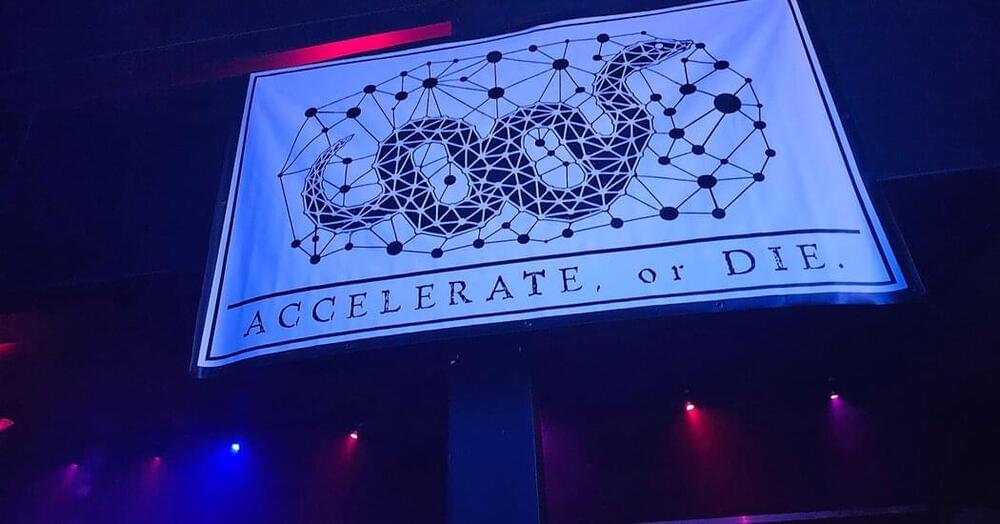Summary: Researchers created a revolutionary system that can non-invasively convert silent thoughts into text, offering new communication possibilities for people with speech impairments due to illnesses or injuries.
The technology uses a wearable EEG cap to record brain activity and an AI model named DeWave to decode these signals into language. This portable system surpasses previous methods that required invasive surgery or cumbersome MRI scanning, achieving state-of-the-art EEG translation performance.
It shows promise in enhancing human-machine interactions and in aiding those who cannot speak, with potential applications in controlling devices like bionic arms or robots.






